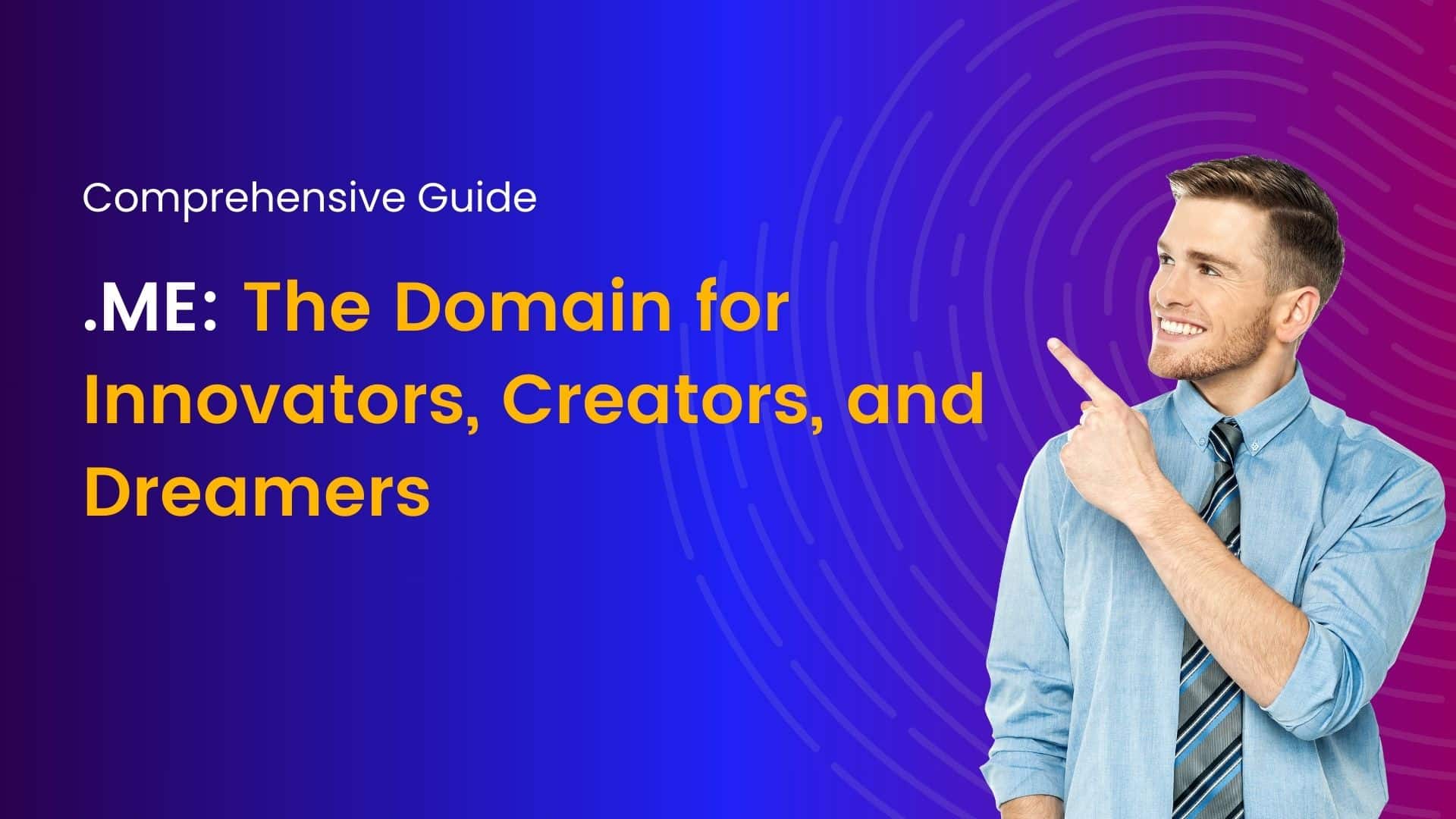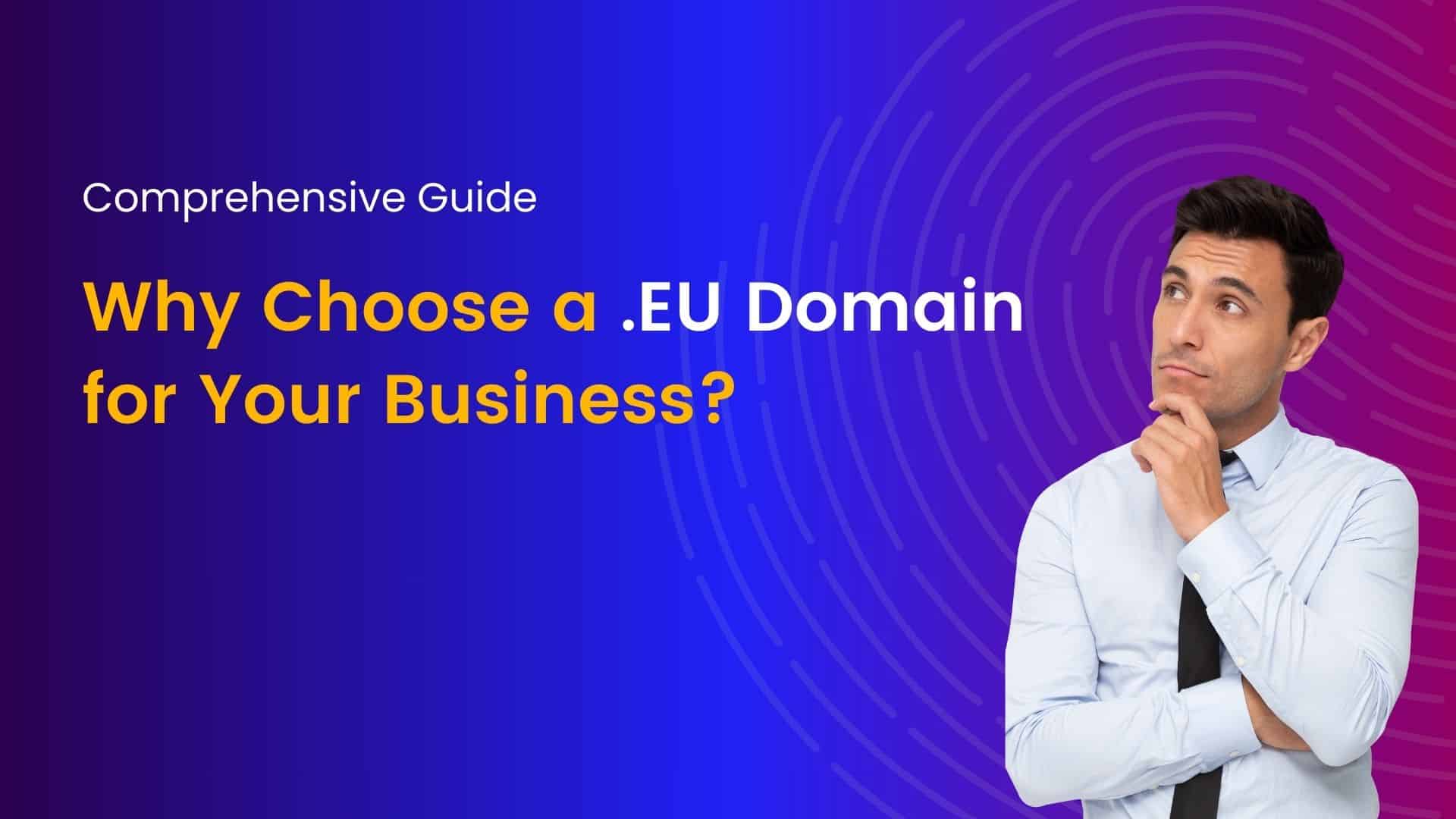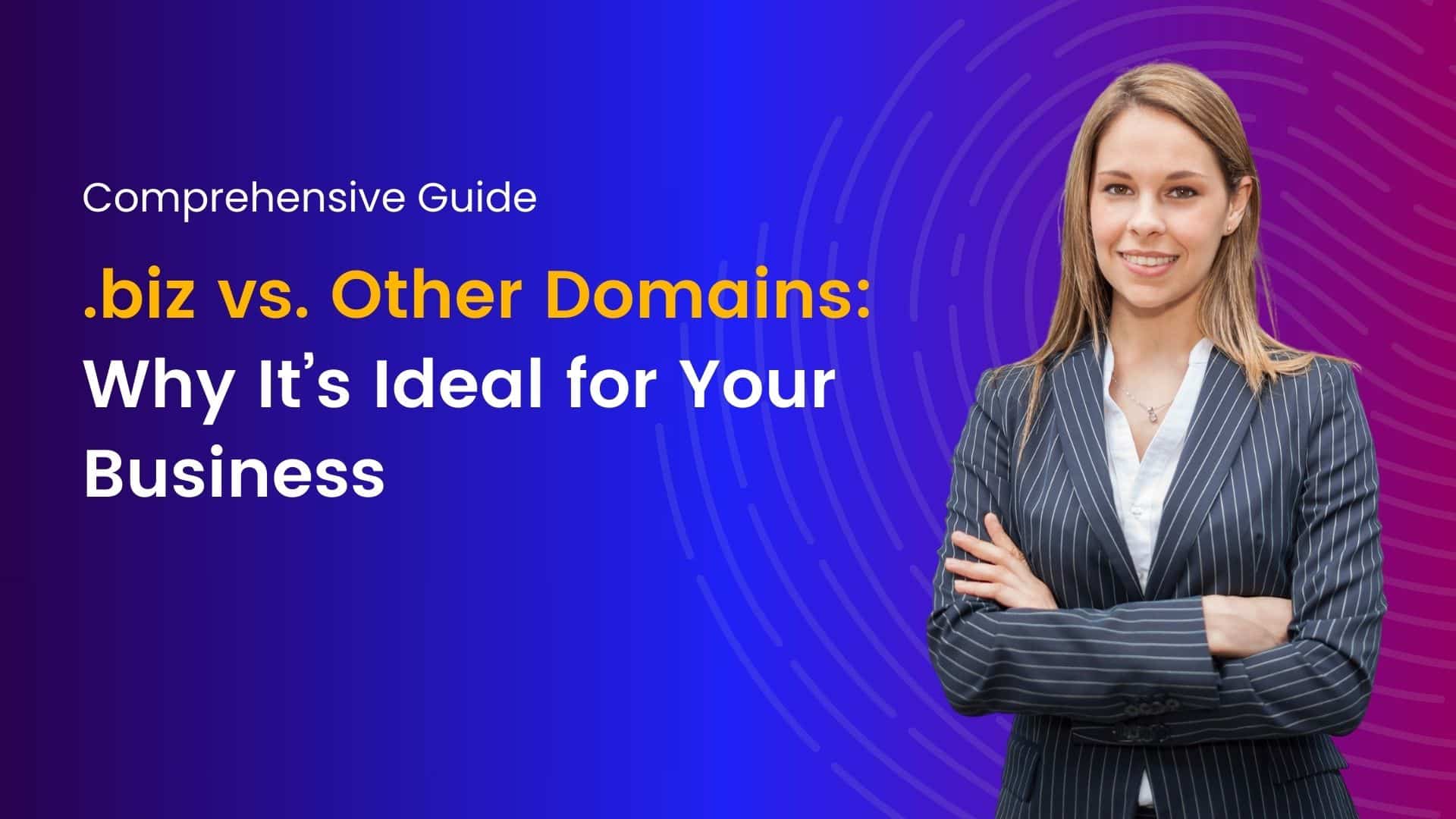In the ever-evolving landscape of online marketing, understanding the digital marketing funnel is crucial for businesses aiming to maximize their reach and drive conversions effectively. The digital marketing funnel, often referred to as the sales funnel, is a strategic framework that outlines the journey a potential customer takes from the initial awareness stage to making a purchase decision. In this comprehensive guide, we’ll delve into what a digital marketing funnel is, its components, and how businesses can leverage it to optimize their marketing efforts.
What is a Digital Marketing Funnel?
At its core, a digital marketing funnel is a conceptual model that illustrates the stages a consumer passes through during the purchasing process. It helps businesses visualize and understand the customer journey, from the moment someone becomes aware of a brand or product to the point of making a purchase and becoming a loyal customer.
Components of a Digital Marketing Funnel
In the realm of digital marketing, success hinges on understanding and implementing effective strategies to guide potential customers through a journey from awareness to conversion. At the heart of this process lies the digital marketing funnel, a conceptual framework that outlines the stages a consumer passes through on their path to making a purchase or taking a desired action. A well-structured digital marketing funnel not only attracts prospects but also nurtures and converts them into loyal customers. Let’s delve into the key components that make up a digital marketing funnel:
Awareness Stage: At the top of the funnel, the primary goal is to capture the attention of a broad audience and make them aware of your brand, product, or service.
Key components of this stage include
- Content Marketing: Creating engaging and informative content such as blog posts, social media updates, videos, and infographics to attract potential customers.
- Search Engine Optimization (SEO): Optimizing your website and content to improve visibility in search engine results and drive organic traffic.
- Social Media Marketing: Leveraging platforms like Facebook, Instagram, Twitter, and LinkedIn to reach and engage with your target audience.
Interest and Consideration Stage: Once prospects are aware of your brand, the next step is to nurture their interest and encourage further exploration.
Components of this stage include:
- Email Marketing: Sending targeted emails with valuable content, promotions, and personalized recommendations to keep prospects engaged.
- Remarketing: Displaying targeted ads to users who have previously interacted with your website or shown interest in your products or services.
- Lead Magnets: Offering valuable resources such as ebooks, whitepapers, or free trials in exchange for contact information to build a database of leads.
Decision Stage: As prospects move closer to making a purchase decision, it’s essential to provide them with the information and incentives they need to convert. Components of this stage include:
- Product Demonstrations: Offering live or recorded demonstrations to showcase the features and benefits of your products or services.
- Customer Reviews and Testimonials: Highlighting positive reviews and testimonials to build trust and credibility with potential customers.
- Limited-time Offers: Creating a sense of urgency with promotions, discounts, or exclusive deals to encourage prospects to take action.
Action Stage: This is the stage where prospects become customers by making a purchase or completing the desired action. Components of this stage include:
- Seamless Checkout Process: Streamlining the checkout process to make it easy and convenient for customers to complete their purchase.
- Thank-You Pages: Redirecting customers to a thank-you page after completing a purchase or action and providing additional information or next steps.
- Follow-Up Communication: Sending post-purchase emails or messages to thank customers for their purchase, request feedback, and encourage repeat business.
Retention and Advocacy Stage: The funnel doesn’t end with a purchase. Retaining customers and turning them into advocates for your brand is crucial for long-term success. Components of this stage include:
- Customer Support: Providing excellent customer service and support to address any issues or concerns promptly.
- Loyalty Programs: Rewarding repeat customers with exclusive discounts, perks, or rewards to incentivize loyalty and encourage repeat purchases.
- Referral Programs: Encouraging satisfied customers to refer their friends and family by offering incentives such as discounts or credits for successful referrals.
Leveraging the Digital Marketing Funnel
Understanding the digital marketing funnel enables businesses to tailor their marketing efforts to effectively target and engage with potential customers at each stage of the buying journey. Here are some key strategies for leveraging the funnel:
- Audience Segmentation: Divide your audience into distinct segments based on demographics, behavior, or preferences to deliver targeted messages and offers that resonate with their needs and interests.
- Content Mapping: Create content tailored to each stage of the funnel, providing the right information to the right audience at the right time. From educational blog posts to product demos, align your content with the needs and intent of your audience at each stage.
- Marketing Automation: Implement marketing automation tools to streamline and personalize the customer journey, delivering automated messages and responses based on user behavior and interactions with your brand.
- Analytics and Optimization: Continuously monitor and analyze key metrics to assess the performance of your funnel and identify areas for improvement. Experiment with different tactics, messages, and channels to optimize conversion rates and ROI.
- Customer Feedback and Engagement: Solicit feedback from customers to understand their needs and preferences better. Engage with them through surveys, social media, and other channels to build stronger relationships and foster brand loyalty.
Why Is Digital Marketing Funnel Important
In the ever-evolving landscape of digital marketing, the concept of a marketing funnel stands as a cornerstone strategy for businesses aiming to thrive in the online realm. Often depicted as a visual representation, the digital marketing funnel outlines the journey a potential customer takes from initial awareness of a product or service to making a purchase decision. While its importance might seem apparent on the surface, delving deeper into the nuances reveals why the digital marketing funnel is indispensable for modern businesses.
Guiding Customer Journey
The digital marketing funnel serves as a roadmap for guiding customers through their purchasing journey. It breaks down the process into distinct stages, typically categorized as awareness, consideration, and conversion. By understanding where customers are in this journey, businesses can tailor their marketing efforts to meet their needs effectively.
Targeted Marketing
One of the key advantages of the digital marketing funnel is its ability to facilitate targeted marketing efforts. Each stage of the funnel represents a different level of customer engagement and intent. For instance, individuals at the awareness stage may respond better to content that educates them about a product or service, while those in the consideration stage might prefer comparison guides or testimonials. By aligning marketing content with the specific needs and interests of customers at each stage, businesses can maximize their chances of conversion.
Customer Relationship Building
Building strong and lasting relationships with customers is vital for sustainable business growth. The digital marketing funnel enables businesses to nurture these relationships by providing valuable and relevant content throughout the customer journey. By consistently engaging with customers and addressing their concerns at each stage, businesses can foster trust and loyalty, ultimately turning one-time buyers into repeat customers and brand advocates.
Data-Driven Decision Making
In the digital realm, data reigns supreme. The digital marketing funnel allows businesses to collect valuable data at every stage, providing insights into customer behavior, preferences, and pain points. By analyzing this data, businesses can gain a deeper understanding of their target audience and make informed decisions to optimize their marketing strategies. Whether it’s refining ad targeting, adjusting messaging, or identifying areas for improvement, data-driven insights derived from the marketing funnel can drive business growth and success.
Maximizing ROI
At its core, digital marketing is about achieving tangible results and maximizing return on investment (ROI). The digital marketing funnel plays a pivotal role in this endeavor by helping businesses streamline their marketing efforts and allocate resources more effectively. By focusing on the most promising leads and optimizing conversion rates at each stage of the funnel, businesses can ensure that their marketing budget is being utilized efficiently, ultimately leading to higher ROI.
Adaptability and Optimization
In the fast-paced world of digital marketing, adaptability is key to staying ahead of the curve. The digital marketing funnel provides a framework for continuous optimization and improvement. By monitoring key metrics and performance indicators at each stage, businesses can identify bottlenecks, test different strategies, and refine their approach over time. This iterative process allows businesses to stay agile and responsive to changes in consumer behavior, market trends, and competitive dynamics.
4 Digital Marketing Funnel Stages
In the realm of digital marketing, understanding the consumer journey is paramount. Enter the digital marketing funnel, a conceptual framework that maps out the various stages a potential customer goes through before making a purchase or conversion. By comprehending these stages and tailoring strategies accordingly, businesses can effectively guide prospects towards conversion and maximize their marketing efforts. Let’s delve into the four essential stages of the digital marketing funnel:
Awareness
The awareness stage marks the initial encounter between a consumer and a brand. At this point, individuals may have identified a need or problem but are still exploring potential solutions. The primary goal of marketers during this stage is to capture attention and introduce their brand, product, or service to the target audience.
Strategies at this stage may include
- Content Marketing: Creating informative blog posts, articles, videos, or infographics that address common pain points or questions within the industry.
- Social Media Marketing: Leveraging platforms like Facebook, Instagram, or Twitter to raise brand awareness through engaging content and targeted advertising.
- Search Engine Optimization (SEO): Optimizing website content to improve visibility in search engine results and attract organic traffic.
Interest
Once individuals become aware of a brand, they move into the interest stage, where they seek more information and evaluate their options. Marketers must nurture this interest and provide compelling reasons for prospects to consider their offering over competitors.
Key strategies to foster interest include
- Email Marketing: Sending targeted emails with valuable content, product demonstrations, or special offers to keep the brand top-of-mind.
- Lead Magnets: Offering downloadable resources such as e-books, whitepapers, or webinars in exchange for contact information to further engage prospects.
- Remarketing Campaigns: Displaying ads to users who have previously visited the website or interacted with the brand to reignite their interest and encourage them to return.
Decision
In the decision stage, prospects are ready to make a purchase but may still be comparing options or overcoming objections. It’s crucial for marketers to provide persuasive messaging and facilitate a smooth path to conversion.
Effective tactics for the decision stage include
- Product Demonstrations: Offering live or recorded demonstrations to showcase the features and benefits of the product or service.
- Customer Reviews and Testimonials: Highlighting positive experiences from satisfied customers to build trust and alleviate concerns.
- Limited-time Offers: Creating a sense of urgency through promotions or discounts to encourage immediate action.
Action
The action stage is where the rubber meets the road – it’s when a prospect converts into a customer by making a purchase or completing a desired action, such as signing up for a newsletter or requesting a quote.
Strategies to facilitate action include
- Streamlined Checkout Processes: Ensuring that the purchasing process is intuitive, secure, and optimized for various devices to minimize friction.
- Thank-You Pages: Presenting a personalized thank-you page or email confirmation that acknowledges the conversion and provides next steps or additional resources.
- Upselling and Cross-selling: Recommending related products or services that complement the initial purchase to increase the customer’s lifetime value.
Common Funnel Mistakes
In the realm of digital marketing, sales funnels are the backbone of a successful business. A well-designed funnel can efficiently guide potential customers through the buyer’s journey, from awareness to conversion. However, despite their importance, many businesses still struggle to maximize the potential of their sales funnels. In this article, we’ll explore some of the most common funnel mistakes and provide insights on how to avoid them.
- Ignoring Audience Research: One of the fundamental errors businesses make is not understanding their target audience thoroughly. Without a clear understanding of your audience’s needs, pain points, and preferences, your funnel is destined to miss the mark. Take the time to conduct comprehensive audience research to identify your ideal customer profile. This includes analyzing demographics, psychographics, and market trends. The more you know about your audience, the better you can tailor your funnel to meet their needs.
- Lack of Clarity and Consistency: A successful funnel should have a clear and coherent message throughout each stage of the customer journey. Unfortunately, many funnels suffer from a lack of clarity and consistency in messaging. Whether it’s unclear value propositions, inconsistent branding, or confusing calls-to-action, ambiguity can derail your funnel’s effectiveness. Ensure that your messaging is concise, compelling, and aligned with your brand identity across all touchpoints.
- Overlooking Optimization Opportunities: Continuous optimization is essential for maximizing the performance of your funnel. Yet, some businesses make the mistake of setting up their funnel and forgetting about it. Optimization involves analyzing data, conducting A/B testing, and making iterative improvements based on insights gathered. From tweaking headlines and adjusting imagery to refining email copy and testing different offers, every aspect of your funnel should be subject to optimization.
- Ignoring Mobile Experience: With the increasing prevalence of mobile devices, optimizing your funnel for mobile users is no longer optional—it’s imperative. However, many businesses still neglect the mobile experience, leading to frustrated users and lost conversions. Ensure that your funnel is fully responsive and provides a seamless experience across all devices. Test your funnel on various screen sizes and devices to identify and rectify any usability issues.
- Failing to Nurture Leads: Not all leads are ready to make a purchase immediately. Failing to nurture leads effectively is a common mistake that can result in missed opportunities. Implement lead nurturing strategies such as email campaigns, retargeting ads, and personalized content to engage prospects and guide them through the sales funnel. By providing valuable information and staying top-of-mind, you can nurture leads until they are ready to convert.
- Neglecting Post-Purchase Engagement: Many businesses focus solely on acquiring new customers and overlook the importance of post-purchase engagement. However, retaining existing customers is often more cost-effective than acquiring new ones. Implement post-purchase strategies such as loyalty programs, exclusive offers, and personalized follow-ups to foster customer loyalty and encourage repeat purchases.
- Failing to Analyze and Iterate: Finally, one of the most critical mistakes businesses make is failing to analyze funnel performance and iterate accordingly. Without data-driven insights, you’re essentially operating in the dark. Regularly monitor key metrics such as conversion rates, bounce rates, and customer lifetime value. Use this data to identify areas for improvement and make informed decisions to optimize your funnel continuously.
How can businesses foster customer retention and advocacy in the digital marketing funnel?
In the dynamic landscape of digital marketing, acquiring new customers is just the beginning. The real challenge lies in retaining them and turning them into loyal advocates for your brand. Customer retention and advocacy are crucial for the long-term success of any business, as they not only contribute to revenue growth but also serve as powerful drivers of brand reputation and credibility.
Here are some strategies that businesses can employ to foster customer retention and advocacy within the digital marketing funnel
- Personalized Communication: Tailoring communication to individual customer preferences and behaviors can significantly enhance their experience and loyalty. Utilize customer data to send personalized emails, offers, and recommendations based on past interactions and purchase history. Personalized communication fosters a sense of value and connection, making customers more likely to remain engaged with your brand.
- Exceptional Customer Service: Providing exceptional customer service is essential for building trust and loyalty. Promptly address customer inquiries, concerns, and issues across various channels, including social media, live chat, and email. Implementing chatbots and AI-powered customer service tools can streamline support processes and ensure round-the-clock availability, enhancing the overall customer experience.
- Loyalty Programs and Incentives: Implementing loyalty programs and incentives can incentivize repeat purchases and encourage advocacy. Offer rewards, discounts, and exclusive perks to loyal customers, such as early access to new products or special events. Incorporate gamification elements to make the loyalty program engaging and rewarding, encouraging customers to actively participate and remain loyal to your brand.
- Engaging Content and Community Building: Create engaging content that resonates with your target audience and encourages interaction and participation. Leverage social media platforms, blogs, and forums to foster a sense of community around your brand. Encourage user-generated content, such as reviews, testimonials, and user stories, to showcase authentic customer experiences and strengthen brand advocacy.
- Seamless Omnichannel Experience: Deliver a seamless omnichannel experience across all touchpoints, including websites, mobile apps, social media, and offline stores. Ensure consistency in branding, messaging, and user experience to provide a cohesive journey for customers regardless of the channel they choose. Implement cross-channel tracking and attribution to gain insights into customer behavior and preferences across different channels.
- Continuous Feedback and Improvement: Actively seek feedback from customers to understand their needs, preferences, and pain points. Implement surveys, feedback forms, and reviews to gather insights and identify areas for improvement. Use customer feedback to iterate on products, services, and marketing strategies, demonstrating a commitment to customer satisfaction and continuous improvement.
- Advocate Recognition and Rewards: Recognize and reward loyal customers who actively promote your brand to their networks. Implement referral programs that incentivize customers to refer friends and family, rewarding both the referrer and the new customer. Showcase customer testimonials and success stories to highlight the impact of advocacy and encourage others to follow suit.
Conclusion
the digital marketing funnel serves as a roadmap for guiding potential customers through the buying journey, from initial awareness to conversion and beyond. By understanding the various stages of the funnel and implementing targeted strategies, businesses can effectively attract, nurture, and convert leads, ultimately driving growth and success in the digital marketplace.
The digital marketing funnel is not just a theoretical concept but a practical and indispensable tool for businesses looking to succeed in the digital age. From guiding customer journeys to enabling targeted marketing, fostering customer relationships, and driving data-driven decision-making, the digital marketing funnel serves as a foundational framework for achieving marketing success and driving business growth in today’s competitive landscape. Embracing the digital marketing funnel empowers businesses to navigate the complexities of the digital world with confidence and precision, ultimately leading to enhanced customer engagement, increased conversions, and sustainable long-term success.
By understanding and strategically addressing each stage of the digital marketing funnel, businesses can guide prospects through the journey from initial awareness to conversion. Moreover, continuous analysis and optimization of marketing efforts based on consumer behavior and feedback are essential for driving sustained success in today’s dynamic digital landscape.
Avoiding these common funnel mistakes is essential for building a successful marketing strategy. By conducting thorough audience research, maintaining clarity and consistency, optimizing relentlessly, prioritizing mobile experience, nurturing leads effectively, engaging customers post-purchase, and analyzing performance rigorously, you can create a high-converting sales funnel that drives sustainable growth for your business.
fostering customer retention and advocacy in the digital marketing funnel requires a strategic and holistic approach focused on personalized communication, exceptional customer service, loyalty programs, engaging content, omnichannel experience, continuous feedback, and advocate recognition. By prioritizing these strategies, businesses can build strong relationships with their customers, drive repeat business, and cultivate a loyal base of brand advocates who champion their products and services in the digital landscape.
I'm a tech-savvy writer with a Computer Science degree and web hosting background, contributing to Hostao Blogs. I simplify complex tech topics like web development and cybersecurity. Beyond writing, I'm a tech explorer passionate about digital advancements.




















